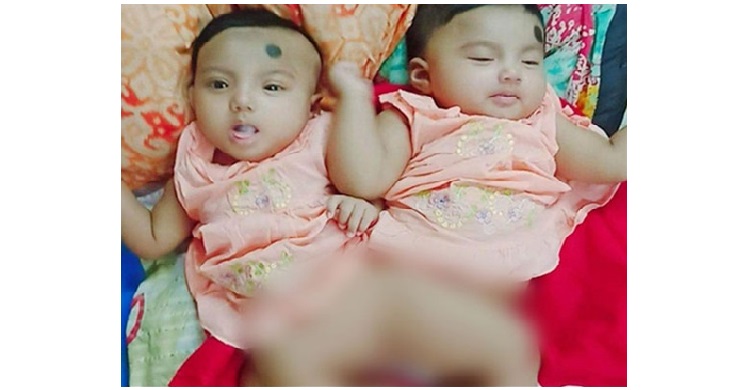
- Child News
Pure language in the baby's mouth
- Child News
- 17 February, 2021 17:44:50
News Desk: ‘Hey Mamu, why not! Just like that, Chippa alley, the foul of rickshaw puller foul on him. Dad puts in a new car ..... ' This is the dialogue of the advertisement of a real estate company. The ad became quite popular a few years ago. The incident is like this- a guest has come to the house, there is talk about how much the parents are doing to make the children human.
At that time a small member of the family came home from school. The guest asked the child, "What, baby, how are you?" In the background voice, the ad said, ‘What's wrong with him! You will learn what you see around you. 'Although the advertisement provides us with food for laughter, a very real issue has come up in it. And that is - children learn what they see.
In particular, children imitate the language of family members the most. Language is the medium of expression of the mind. After the birth, when the language is in the baby's mouth, the children are looking for words. As a parent, it is your responsibility to teach your child the language. However, it must be the mother tongue and clear and fluent language. And in this case the family is the first educational institution. Because the child's social education starts from the family. Therefore, as a parent, it is very important to bring the child into a proper cultural circle and give him the opportunity to practice the language properly. And for this reason, if pure Bengali language is not practiced in the family, then pure Bengali is not developed in the pronunciation of the child.
In particular, since the first language in the baby's mouth is through the mother. Therefore, it is the responsibility of mothers to teach pure Bengali language to their children. Many people think that it is right to teach Bengali again. But whether it is pure Bengali pronunciation or spelling, do you notice it? Being able to speak in Bengali and pure Bangla practice is not one. In order to teach the child the practice of pure Bangla language, mothers can practice themselves by reading or listening to the standard or pure Bengali pronunciation broadcasted in various programs on newspapers and television with a little attention. If the mother uses pure Bengali, the child will also learn it effortlessly. We often hear many people mispronounce ‘coffee’ as ‘copy’ or ‘rice’ as ‘arthritis’.
This is mainly due to not practicing Bangla properly. If not pronounced correctly, the spelling is misspelled. Children can get rid of spelling mistakes because they don't know the correct spelling. But in the absence of pure Bangla practice, it is difficult to get rid of the pronunciation mistakes and the spelling mistakes. If the child can be introduced to the parts of the mouth that are pronounced from an early age, it will be easier for the child to learn the correct pronunciation and spelling. It is also important for the child to have correct Bengali pronunciation or accent for culture.
In order to teach pure Bengali to the child, the mother as well as everyone in the family should be aware. If family members speak standard Bengali to the child, it will greatly affect the child as well. In addition to the home environment, the child can be taught pure Bengali pronunciation, pure Bengali songs or poetry recitation at the cultural practice center. There are various books and CDs available in the market for learning and writing the alphabet. The baby can buy it; You can see children's educational programs like Sisimpur. This will develop the child's knowledge of the language. You can also buy pure Bengali pronunciation story books suitable for children's age. Not too big, choose a story book of sentences made up of 3-5 words for them.
This will attract children to read books and learn pure Bengali words. You don't just have to buy books. Parents also need to practice reading books at home. Seeing family members read books, children will be attracted to reading books. Let the child watch cartoons dubbed in Bengali without showing Hindi or English cartoons. There are many more good quality children's educational programs like Sisimpur in Bangladesh, encourage the child to watch them. Although Bengali is mixed in our daily life, in some places, mother tongue Bengali is being neglected in some places. Even today, English is being used in various places including the names of dramas and movies, advertisements, banners and the names of government and private universities. ‘Hello friends, how are you? Hope This Week You're Money Money Fun, With Lots Of Music '- used to present a petition on a private FM radio station.
FM radio has become quite popular now. And most of the time we see the RJs of this popular FM radio presenting programs in a distorted way with English pronunciation, mispronunciation, Bengali-English mixture. Which is ruining the sweetness of Bengal. Not only in FM radios but also in various programs, dramas and movies, i.e. in the mass media, the festival of language distortion is going on. Especially in plays now we see the use of words like ‘khaich’, ‘taile’ or ‘jiga’ etc. Seeing this, the common people are getting enthusiastic about pronouncing such wrong Bengali. The dialogues used in various advertisements - 'Khailei Dil Khosh', 'Extra Khatir' or 'Abar Jigay' are now on the lips of young people. We have to get out of this subculture as soon as possible. Besides, not only children or young generation, but also adults need to be attentive to the pronunciation and use of pure Bengali. The use of Bengali should be increased by reducing the use of English at different levels of government and private.
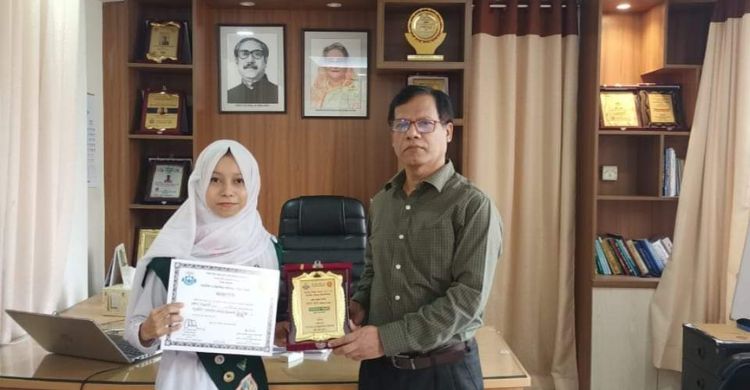
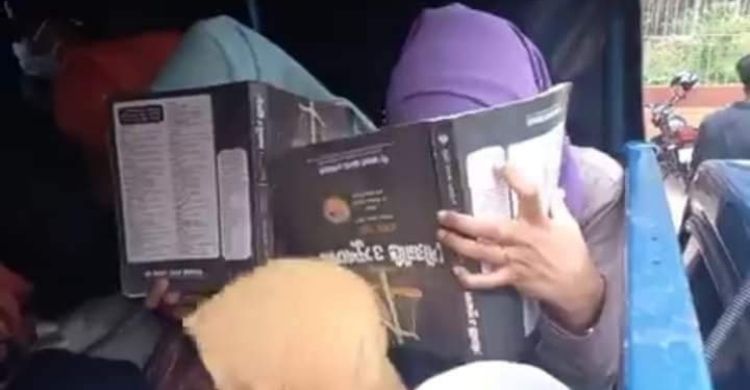
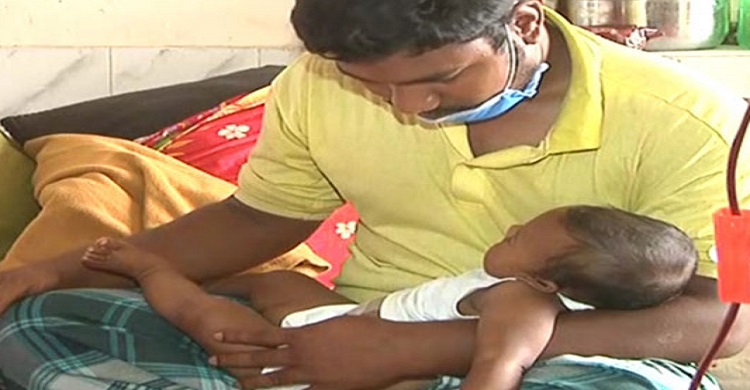

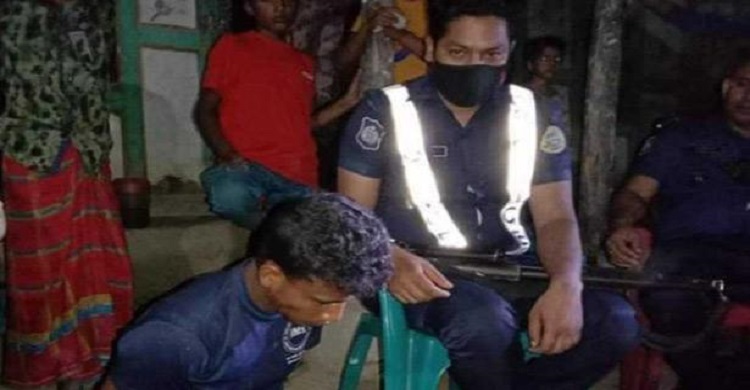
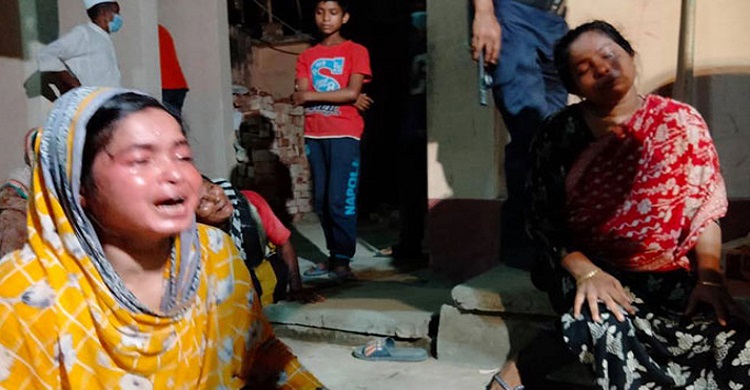
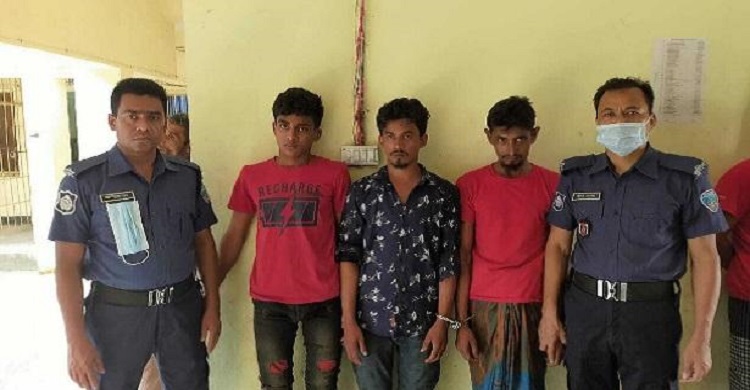

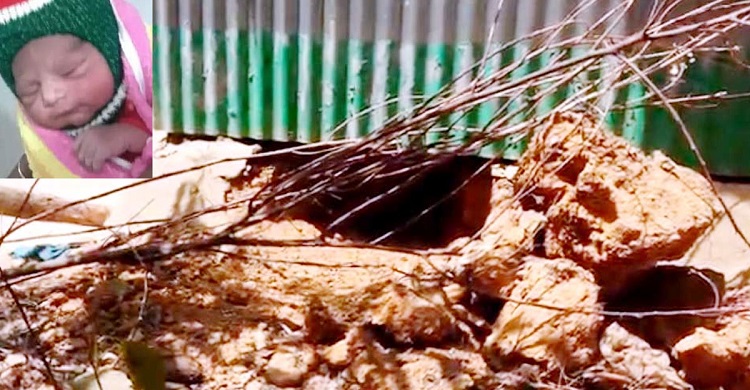

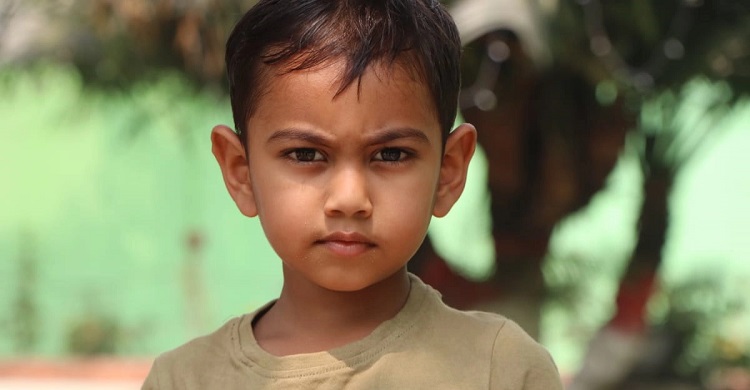
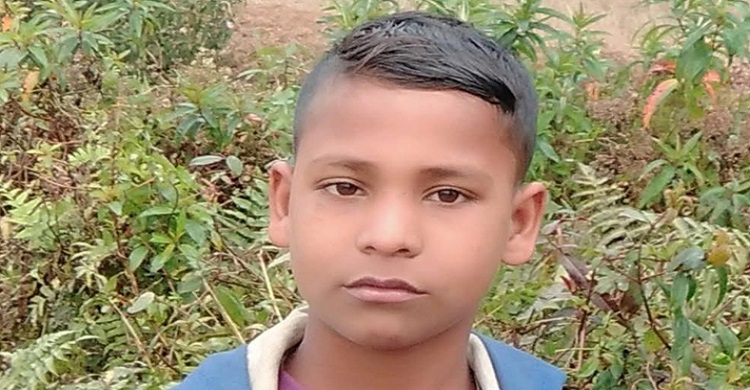

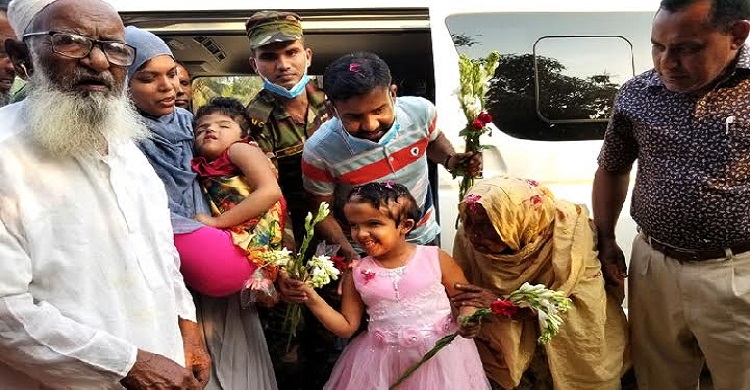
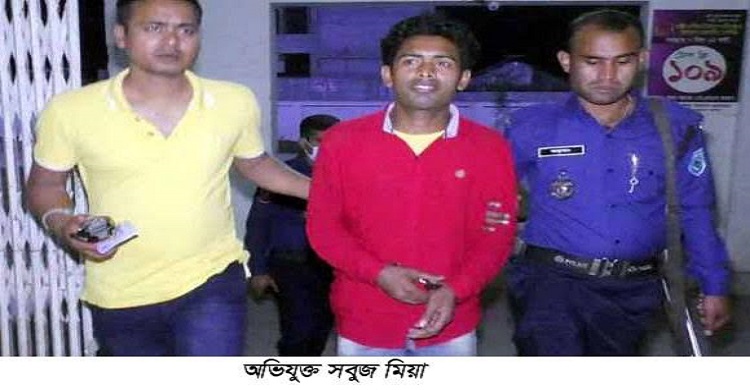
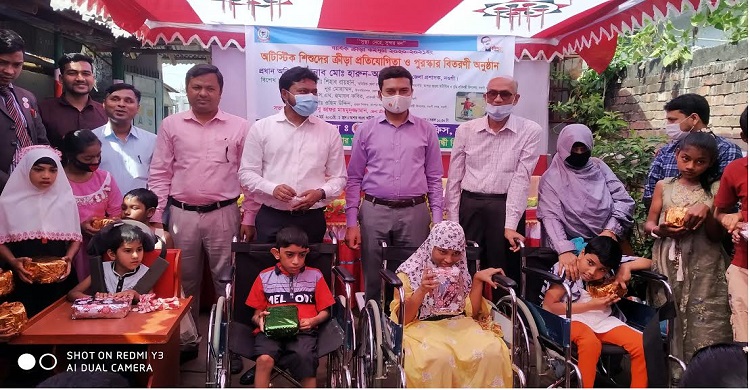
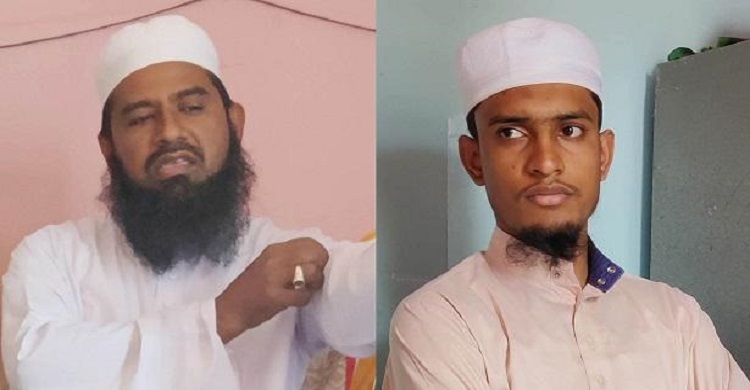
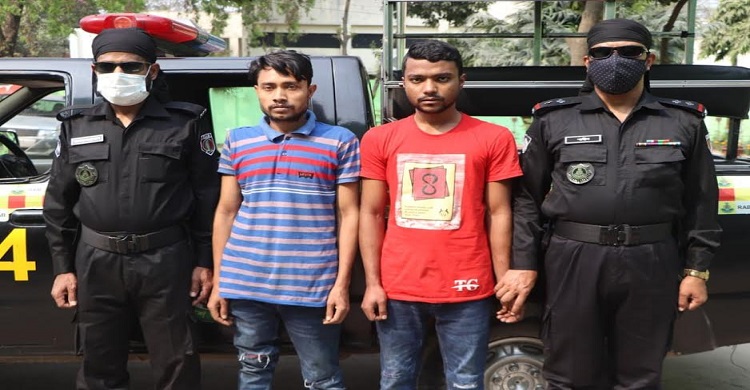
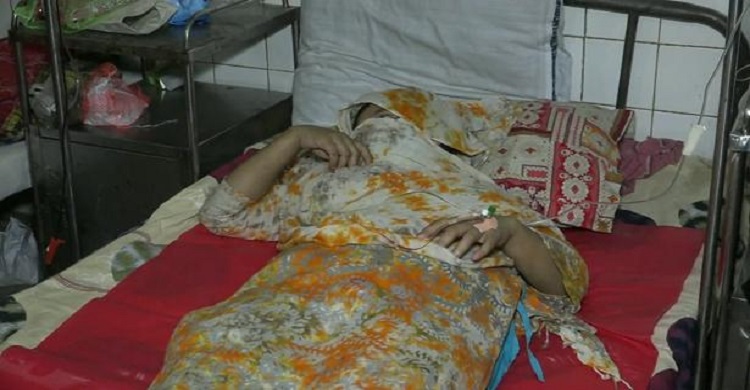









Comment ( 0)